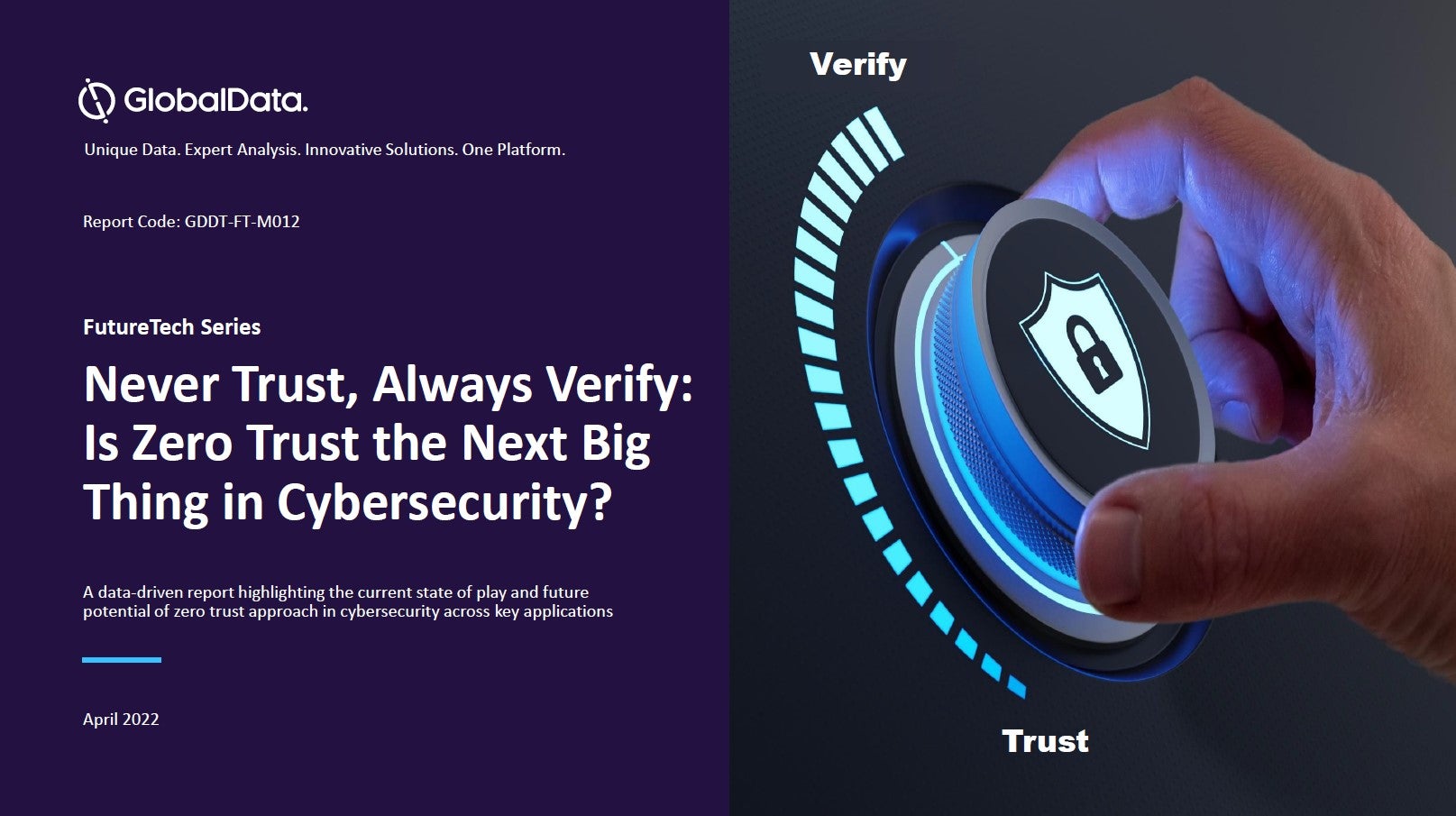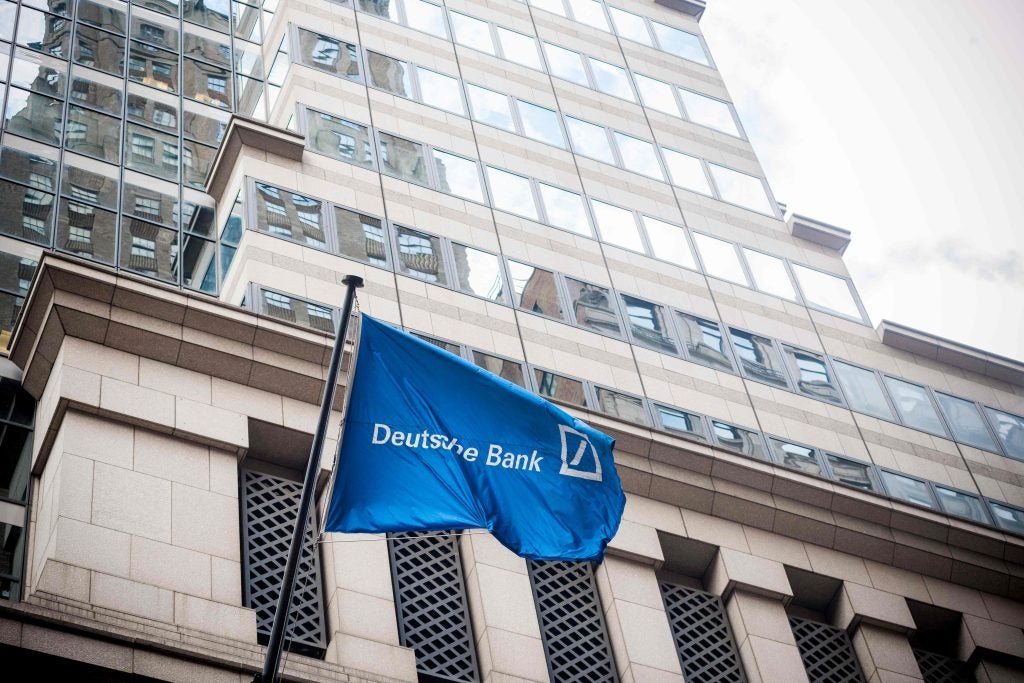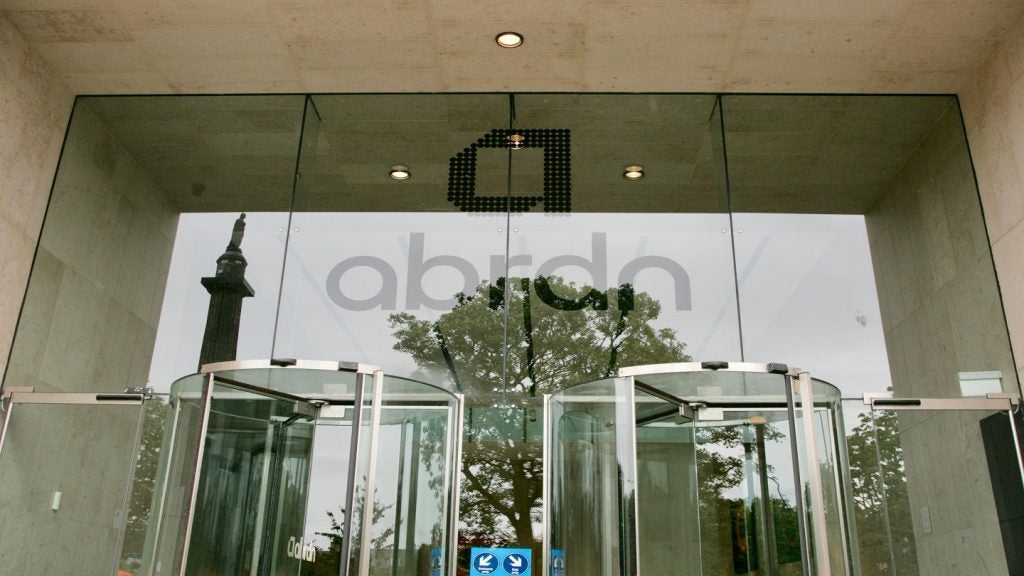
Cybercriminals are shifting their focus onto ultra-high-net-worth individuals (UHNWIs) as the defence of companies improves, according to a report by Glasswall Solutions.
Cybersecurity has been an increasingly prevalent topic of concern in recent years thanks to data breaches at high-profile businesses such as Facebook, T-Mobile and British Airways, but it would appear that large corporations have heeded the warning.
Unfortunately, for the super-wealthy, the cyber-threat is switching to them, as Glasswall’s vice-president of threat intelligence Lewis Henderson explains.
“We’ve found that cybercriminals are using similar tactics and techniques such as using e-mail attachments and ransomware.”
Glassswall’s report is borne out by research carried out by Campden Wealth, which found that 28% of UHNW families had been victim of one or more cyberattacks. Campden Wealth found that the most common type of attack was phishing, with malware and ransomware following behind.
A recent report by GlobalData found that the wealthy in the UK are less apprehensive about data breaches than elsewhere in the world. GlobalData offered that 60% of providers globally believe that cyberattacks are increasingly worrying their clients. In the UK, however, only 31% thought this to be the case.
Similarly, some 20% of the firms themselves in the UK are not at all concerned by the threat of data breaches, compared with 8% on a global level.
GlobalData believes that this relative nonchalance will not last, due to episodes such as the TSB breach in April, 2018, in which customers were able to view other people’ financial information on their online banking.








